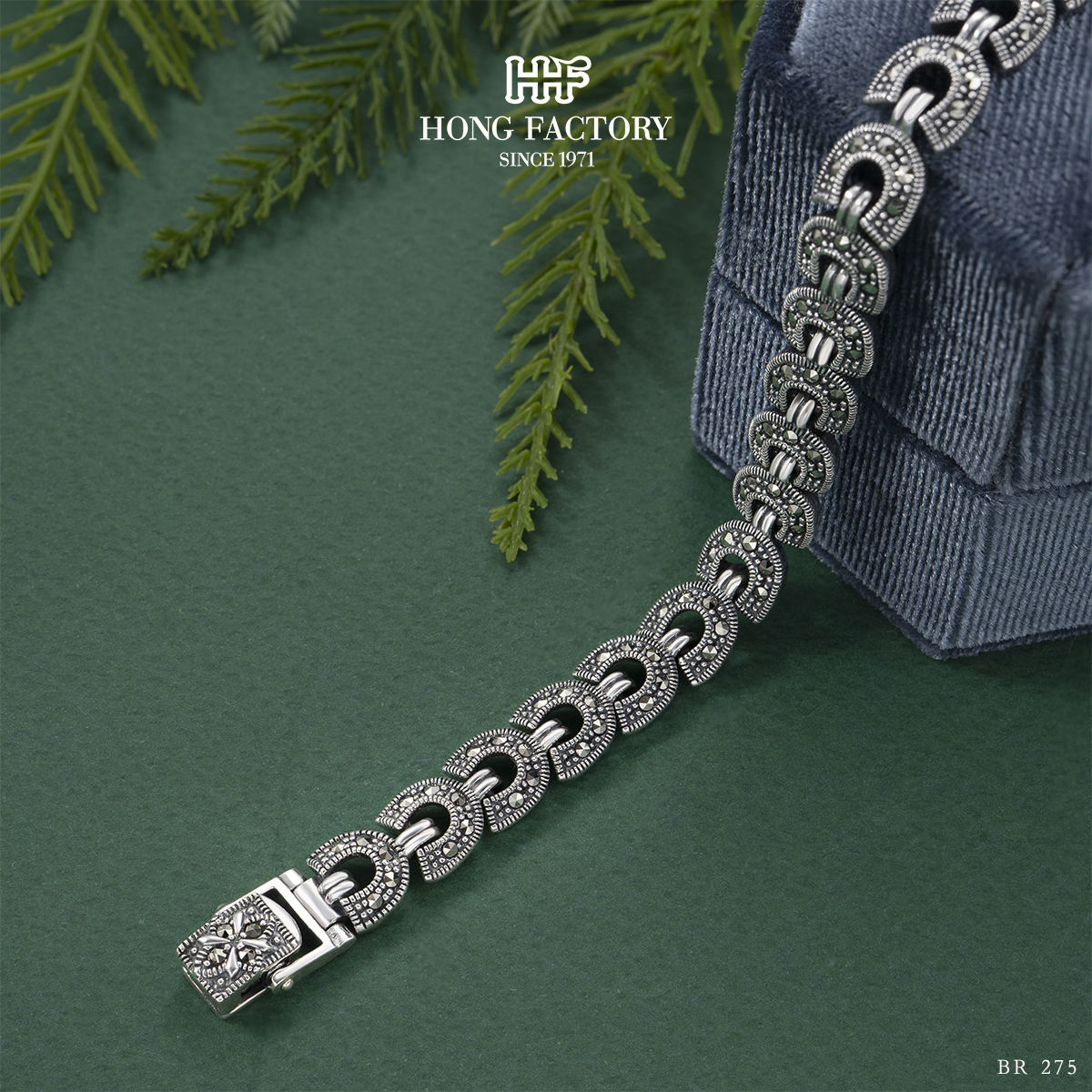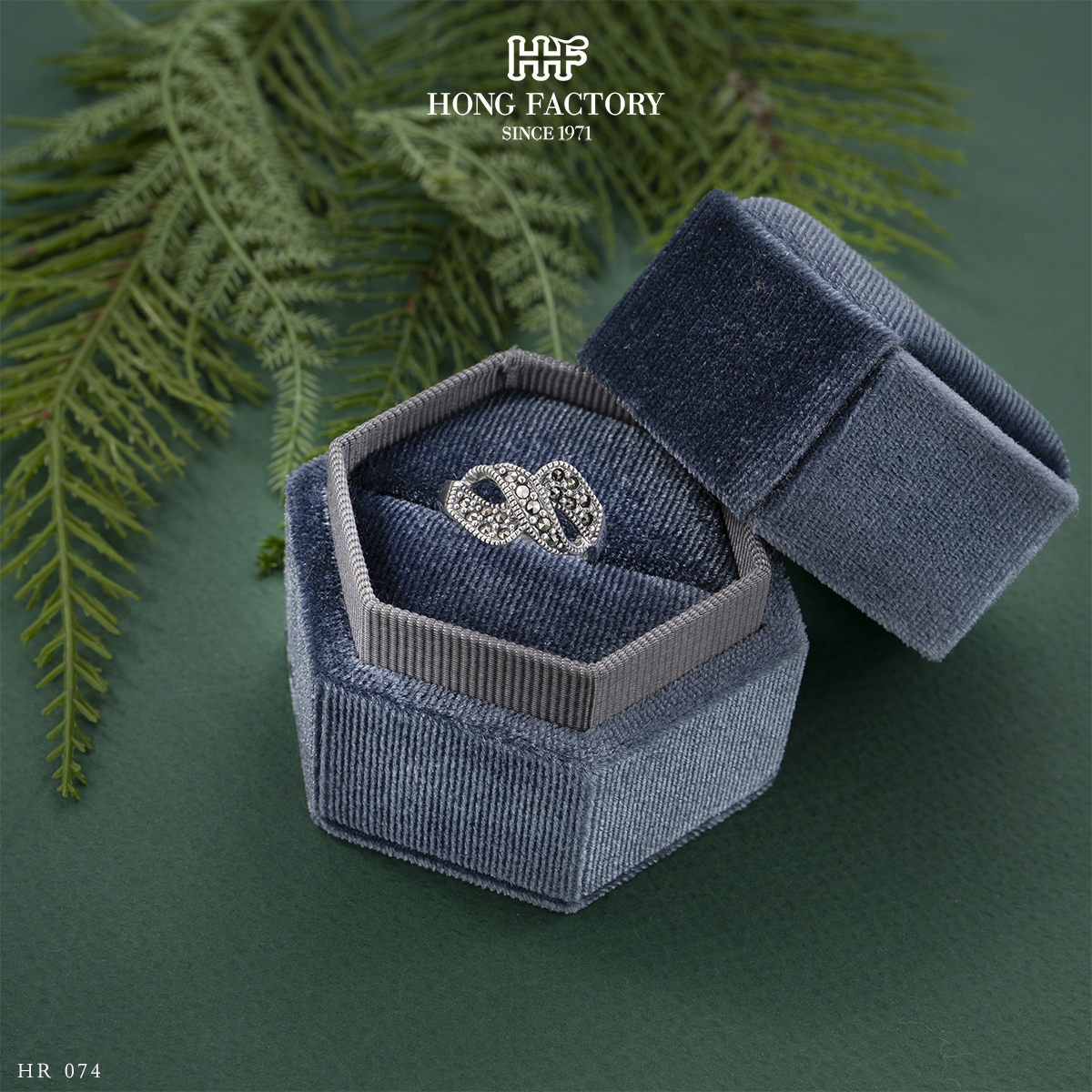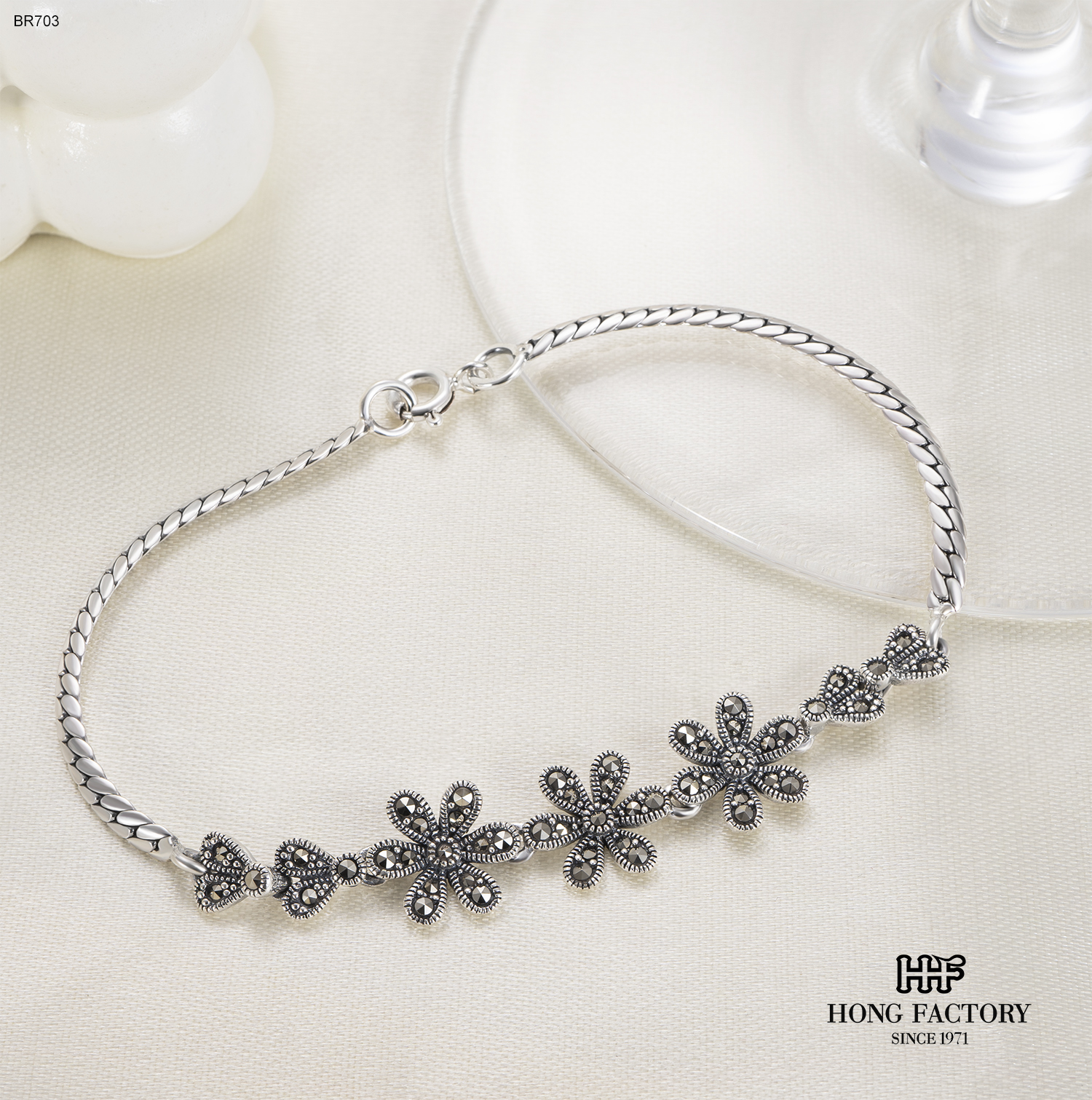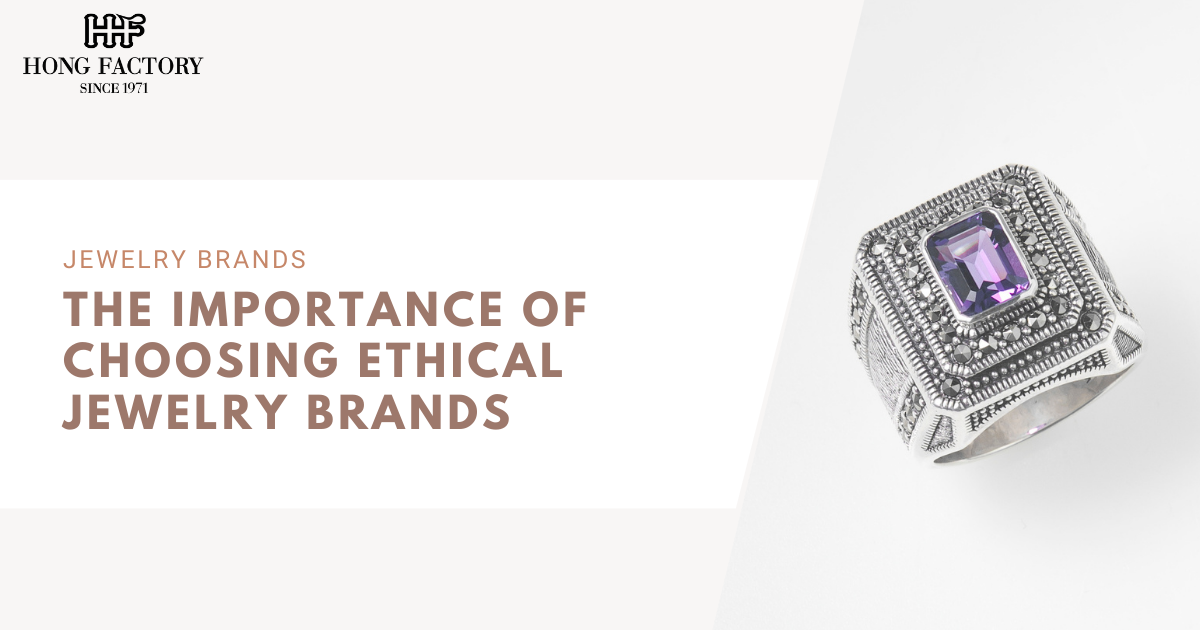The Importance of Choosing Ethical Jewelry Brands

Jewelry is more than just an accessory—it’s a reflection of personal style, values, and sometimes even heritage. However, behind the beauty of many pieces lies a complex supply chain that can involve unethical labor practices, environmental harm, and unsustainable sourcing. As consumers become more conscious of their impact, ethical jewelry brands are gaining popularity. Choosing ethical jewelry is a meaningful step toward supporting responsible business practices, sustainability, and fair labor. Here’s why it matters and how you can make informed decisions when shopping for jewelry.
1. Ethical Jewelry Promotes Fair Labor Practices
The jewelry industry has a long history of labor exploitation, including low wages, unsafe working conditions, and even child labor.
- Fair Wages & Safe Workplaces – Ethical brands ensure that artisans and workers receive fair pay and work in safe conditions.
- Fair Trade Certification – Guarantees that workers are treated fairly and their rights are protected.
- Handmade & Small Artisan Support – Many ethical brands collaborate with skilled artisans, preserving craftsmanship and providing stable employment.
How to Support: Look for certifications like Fair Trade Gold or brands that provide transparent information about their supply chain.
2. Reduces Environmental Impact
Mining for gold, silver, and gemstones is one of the most environmentally destructive industries, causing deforestation, pollution, and habitat destruction.
- Recycled Precious Metals – Many ethical brands use recycled gold, silver, and platinum to reduce mining demand.
- Lab-Grown Diamonds – A sustainable alternative that avoids the environmental damage caused by traditional diamond mining.
- Eco-Friendly Production – Sustainable brands prioritize responsible mining techniques and waste reduction.

How to Support: Choose brands that use recycled metals and lab-grown or ethically sourced gemstones.
3. Avoids Conflict & Blood Diamonds
The term “blood diamonds” refers to gems mined in war zones and sold to finance armed conflict, often involving human rights abuses.
- Conflict-Free Diamonds – Certified diamonds that have been sourced without funding violence.
- Kimberley Process Certification – A global initiative to prevent the sale of conflict diamonds.
- Fair Trade & Ethical Gemstones – Ensures that miners are fairly compensated and work under humane conditions.
How to Support: Look for diamonds certified by the Kimberley Process or consider lab-grown alternatives.
4. Encourages Transparency in the Jewelry Industry
Many traditional jewelry brands lack transparency about where and how their materials are sourced.
- Ethical Brands Provide Clear Information – They disclose where their materials come from and their impact on people and the environment.
- Supply Chain Traceability – Ensures that every step of production follows ethical guidelines.
- Certifications Matter – Look for certifications from organizations like the Responsible Jewellery Council (RJC).
How to Support: Research brands before purchasing and choose those committed to transparency and ethical sourcing.

5. Supports Small & Independent Jewelry Makers
Large corporations often prioritize profits over ethical sourcing, while many small businesses focus on sustainability and fair wages.
- Handmade Jewelry Reduces Waste – Small-scale production often has a lower environmental footprint.
- Direct Artisan Support – Buying from independent jewelers helps sustain traditional craftsmanship.
- Unique & Custom Designs – Small brands often create one-of-a-kind pieces with better attention to detail.
How to Support: Shop from local artisans, Etsy stores, or small ethical jewelry businesses.
6. Longevity & Quality Over Mass Production
Fast fashion has influenced the jewelry industry, leading to cheaply made, disposable accessories that contribute to waste.
- High-Quality Craftsmanship – Ethical brands prioritize durability and timeless designs.
- Sustainable Materials Last Longer – Responsibly sourced metals and gemstones maintain their value and integrity over time.
- Less Waste in Landfills – Investing in long-lasting pieces reduces fashion waste.
How to Support: Choose timeless, well-crafted jewelry rather than mass-produced, trend-based accessories.

7. The Growing Market for Ethical Jewelry
Consumer demand is driving change in the industry, with more brands committing to sustainability.
- Luxury Brands Adopting Ethical Practices – High-end brands are incorporating fair-trade gold and ethical diamonds.
- Eco-Friendly Packaging – Many companies now use recycled or biodegradable packaging.
- Mainstream Retailers Expanding Sustainable Collections – Ethical options are becoming more accessible.
How to Support: Seek out brands with sustainability initiatives and encourage mainstream retailers to expand their ethical jewelry collections.
How to Identify Ethical Jewelry Brands
If you want to ensure your jewelry purchases align with your values, here are some key factors to consider:
- Transparency: Does the brand disclose sourcing and production details?
- Certifications: Look for Fair Trade Gold, RJC, or other recognized ethical certifications.
- Material Sourcing: Are the metals and gemstones recycled, lab-grown, or responsibly mined?
- Worker Welfare: Does the brand support fair wages and safe working conditions?
- Sustainable Packaging: Does the brand use recycled or eco-friendly packaging?

Choosing ethical jewelry brands is an important step toward promoting fair labor, reducing environmental harm, and ensuring transparency in the industry. By supporting ethical businesses, you’re investing in quality, sustainability, and responsible craftsmanship. Whether it’s opting for recycled metals, conflict-free diamonds, or handmade artisan pieces, every mindful purchase contributes to a more ethical fashion industry.
